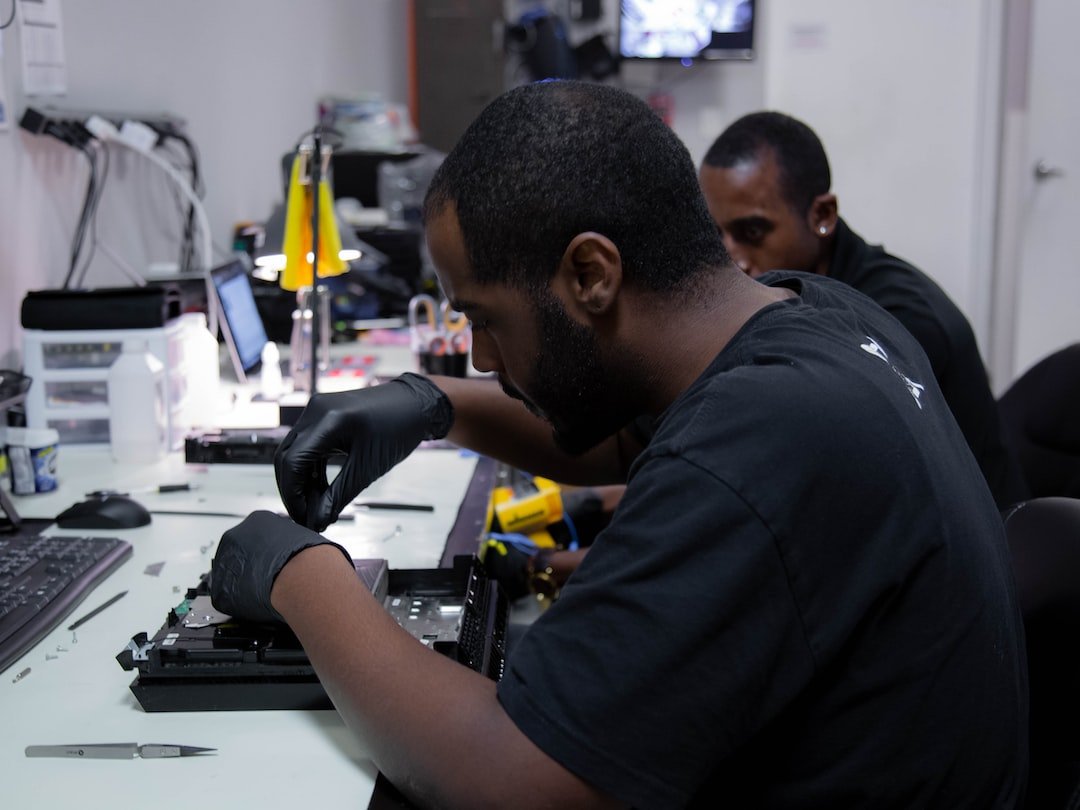The Role of IoT in Connecting Manufacturing Processes
In the age of digital transformation, the Internet of Things (IoT) has emerged as a game-changer in various industries, with manufacturing being at the forefront of this revolution. IoT is a network of interconnected devices embedded with sensors, software, and other technologies that enables them to collect and exchange data with each other and with centralized systems. This connectivity has opened up a world of possibilities for manufacturers, helping them improve operational efficiency, reduce costs, and enhance product quality. In this blog post, we will explore the role of IoT in connecting manufacturing processes and how it is transforming the industry.
One of the major benefits of IoT in manufacturing is its ability to enable real-time monitoring and data analytics. By interconnecting different machines, equipment, and systems, manufacturers can collect data on various parameters such as product quality, machine performance, energy consumption, and more. This data can then be analyzed to identify patterns, trends, and potential issues, facilitating proactive maintenance and decision-making. For instance, if a machine’s performance starts to decline, IoT sensors can detect the anomaly, trigger an alert, and schedule maintenance before a breakdown occurs. This predictive maintenance approach not only minimizes unplanned downtime but also extends the lifespan of machines, reducing repair and replacement costs.
Another way IoT is connecting manufacturing processes is through inventory management and supply chain optimization. Through sensors and RFID tags, manufacturers can track the movement and location of raw materials, components, and finished products in real-time. This visibility enables them to monitor inventory levels accurately, identify bottlenecks, and optimize production scheduling. By having a holistic view of the supply chain, manufacturers can reduce stock-outs, minimize lead times, and ensure timely delivery of products. Additionally, IoT can also facilitate the integration of suppliers and customers into the manufacturing process, creating a more collaborative and responsive supply chain ecosystem.
Quality control is another critical aspect that IoT can enhance in manufacturing. By capturing data from sensors and cameras, manufacturers can track and monitor product quality throughout the production process. For example, sensors can measure temperature, pressure, and other variables to ensure that products meet defined specifications. Any deviation from the set parameters can be immediately detected, allowing manufacturers to take corrective actions promptly. Moreover, this data can also be analyzed to identify root causes of quality issues, enabling process optimization and continuous improvement. Ultimately, IoT-driven quality control ensures that only high-quality products reach the market, reducing the risk of recalls, customer complaints, and brand damage.
Furthermore, IoT is transforming the concept of smart factories, where interconnected machines, equipment, and systems communicate and coordinate with each other autonomously. This connectivity enables seamless integration and coordination of different manufacturing processes, leading to higher productivity and efficiency. For example, IoT can enable machines to self-adjust their settings based on real-time data, optimizing energy consumption and reducing waste. It can also enable machines to communicate with each other and adapt to changing product specifications. This automation and intelligence improve overall operational efficiency, lower production costs, and enhance product quality.
Lastly, IoT has a significant impact on worker safety in manufacturing. IoT sensors can be deployed in hazardous environments to monitor conditions such as temperature, humidity, toxic gases, and more. This data can help ensure a safe working environment for employees by detecting potential risks and triggering alarms or automated responses. Moreover, wearable IoT devices can be used to track workers’ vital signs and movements, reducing the risk of accidents and injuries. This enhanced safety not only protects workers but also improves overall productivity and reduces insurance costs for manufacturers.
In conclusion, the Internet of Things has revolutionized the manufacturing industry by connecting processes, machines, and systems in a meaningful way. The real-time monitoring and data analytics enabled by IoT allow manufacturers to optimize operational efficiency, reduce costs, and enhance product quality. From inventory management to quality control and supply chain optimization, IoT has transformed various aspects of manufacturing, fostering innovation and growth. As the industry continues to evolve, embracing IoT will be key to staying competitive and thriving in the digital era.

